
Get news, updates, & event Info delivered right to your inbox:
Wetlands Provide Vital Ecosystem Services
Water is one of the most important natural resources on this planet, sustaining life in many more ways than simply refilling a water bottle. It helps us grow food, allowing life to flourish in the most beautiful ways.
The planet does something remarkable in providing us with water in our oceans, rivers, lakes, and even wetlands in order to sustain life. The world is full of water, and because of that, the world is full of life.
When we think of all these amazing bodies of water that sustain life, we don’t often think of wetlands. But you'd be amazed to learn about everything they do. Despite covering only 6% of the Earth’s land surface, 40% of all plant and animal species live or breed in wetlands. Yet, nearly 90% of the world’s wetlands have been degraded since the 1700s, and we’re losing them three times faster than forests.
9 Things You Never Knew About Wetlands
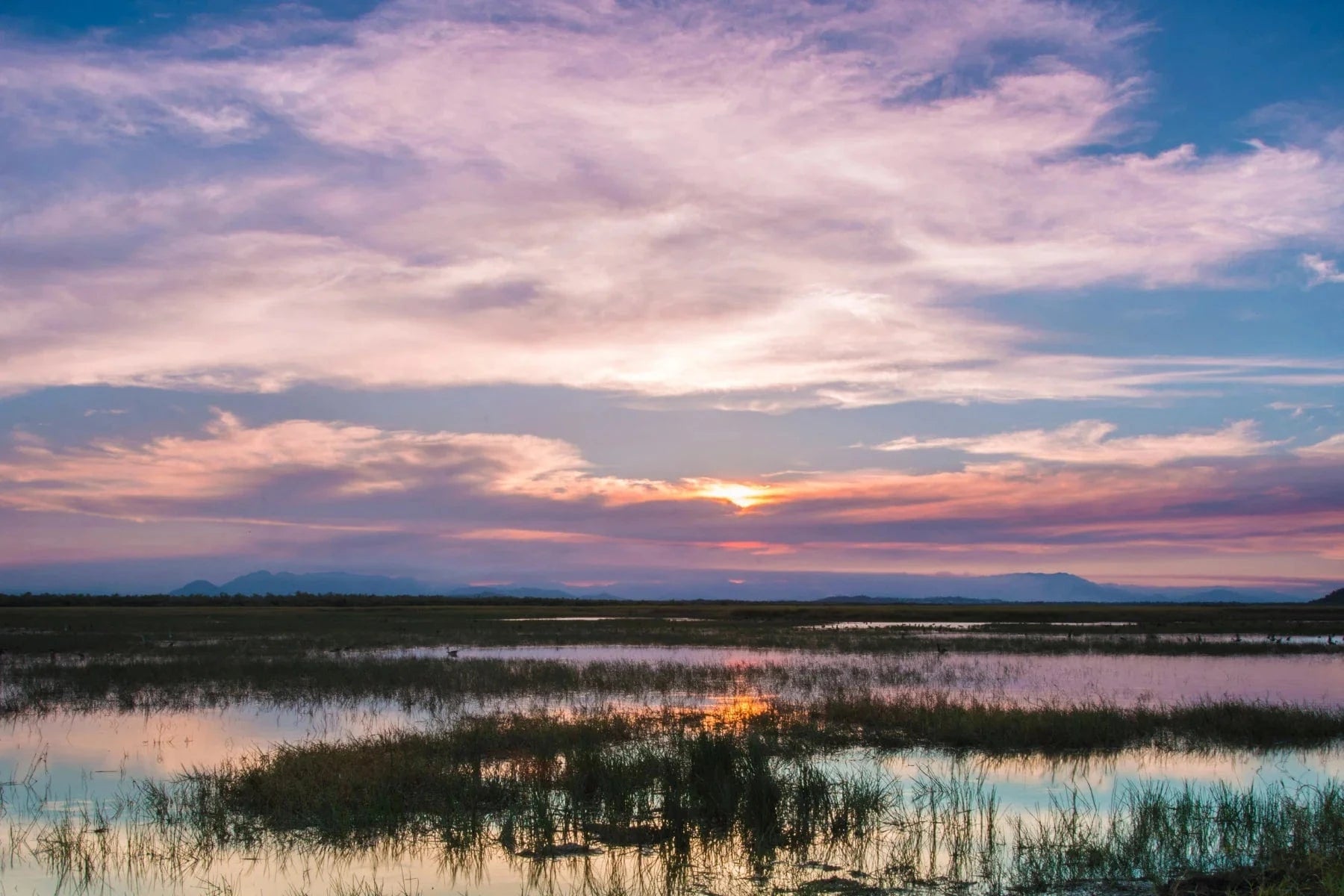
1. Wetlands Act as Nature’s Filtration System
A wetland is exactly as it sounds: land that’s saturated with water. Due to their unique nature, they are home to a diverse range of species. In an average wetland, a combination of soil and plants help filter the water. Because of this, we have access to clean water in our lakes and rivers.
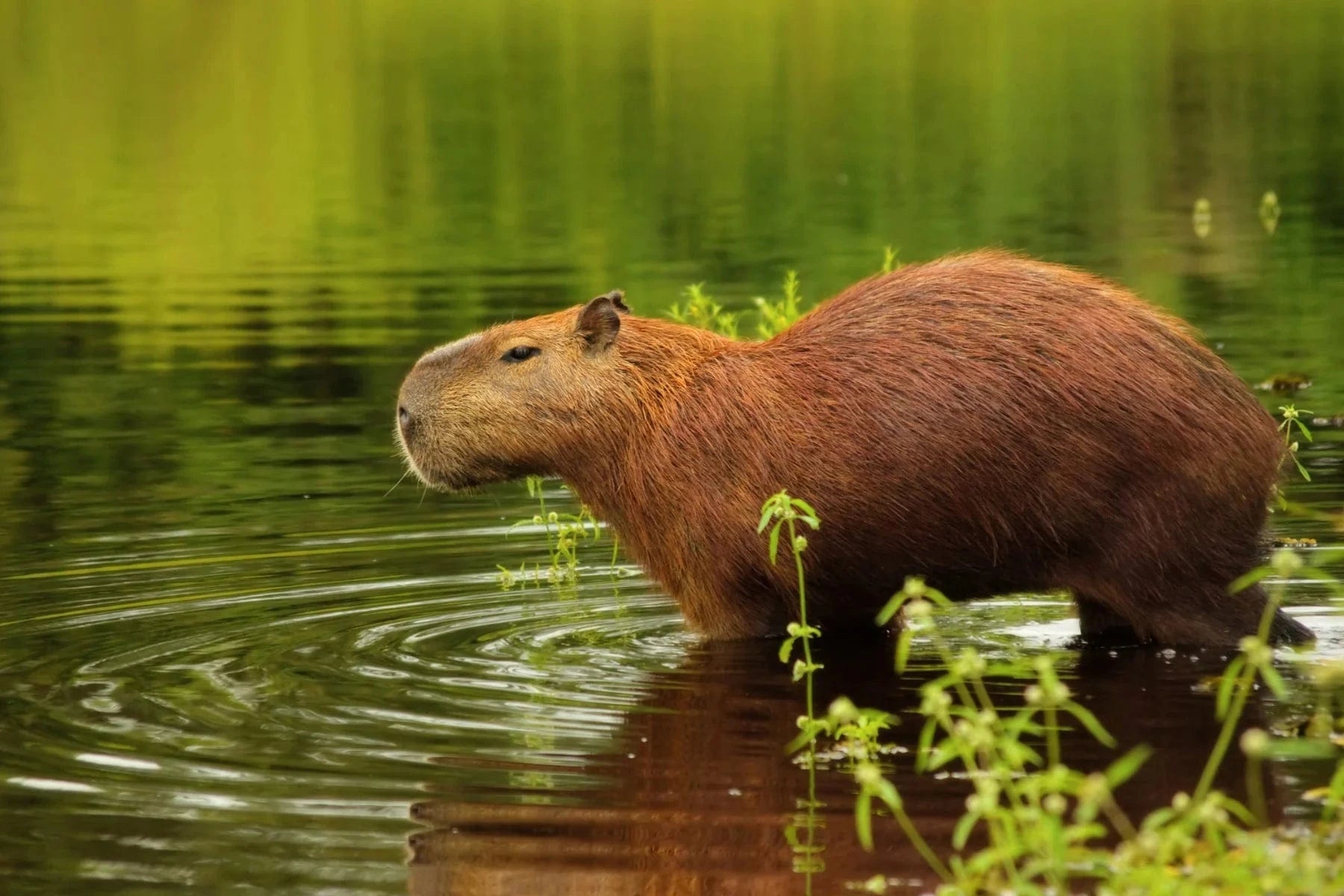
2. Wetlands Support Extraordinary Biodiversity
Wetlands support an exceptional range of plant and animal life, including many endangered species. In the United States alone, more than 1/3 of threatened and endangered species exclusively live in wetlands, and nearly half use them at some point in their lives.
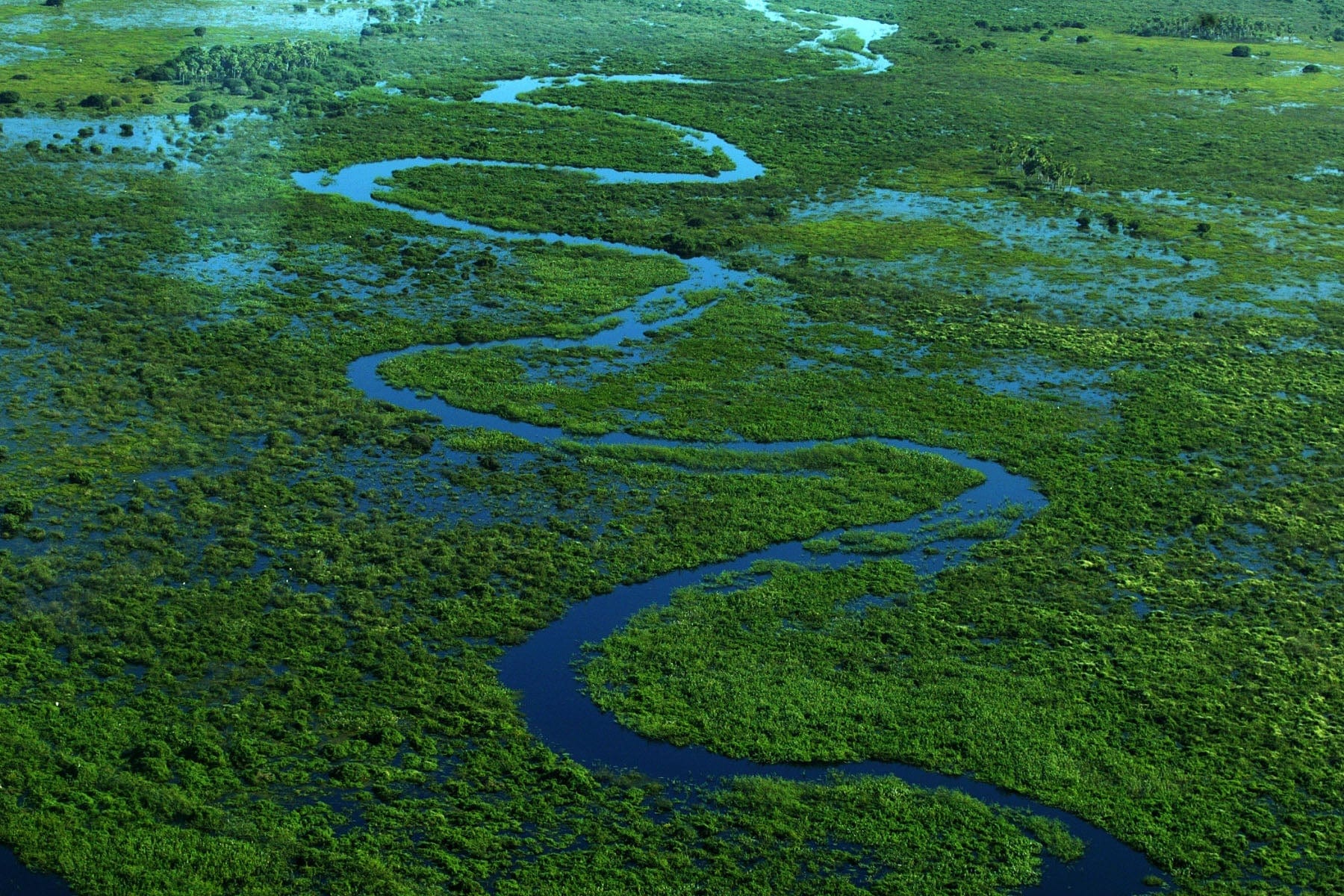
3. The Patanal is the Largest Tropical Wetland in the World
Spanning more than 42 million acres, the Pantanal is the largest tropical wetland in the world — and it's one of the most pristine, too. It sprawls across Bolivia, Brazil and Paraguay, and supports millions of people there, as well as communities downstream.
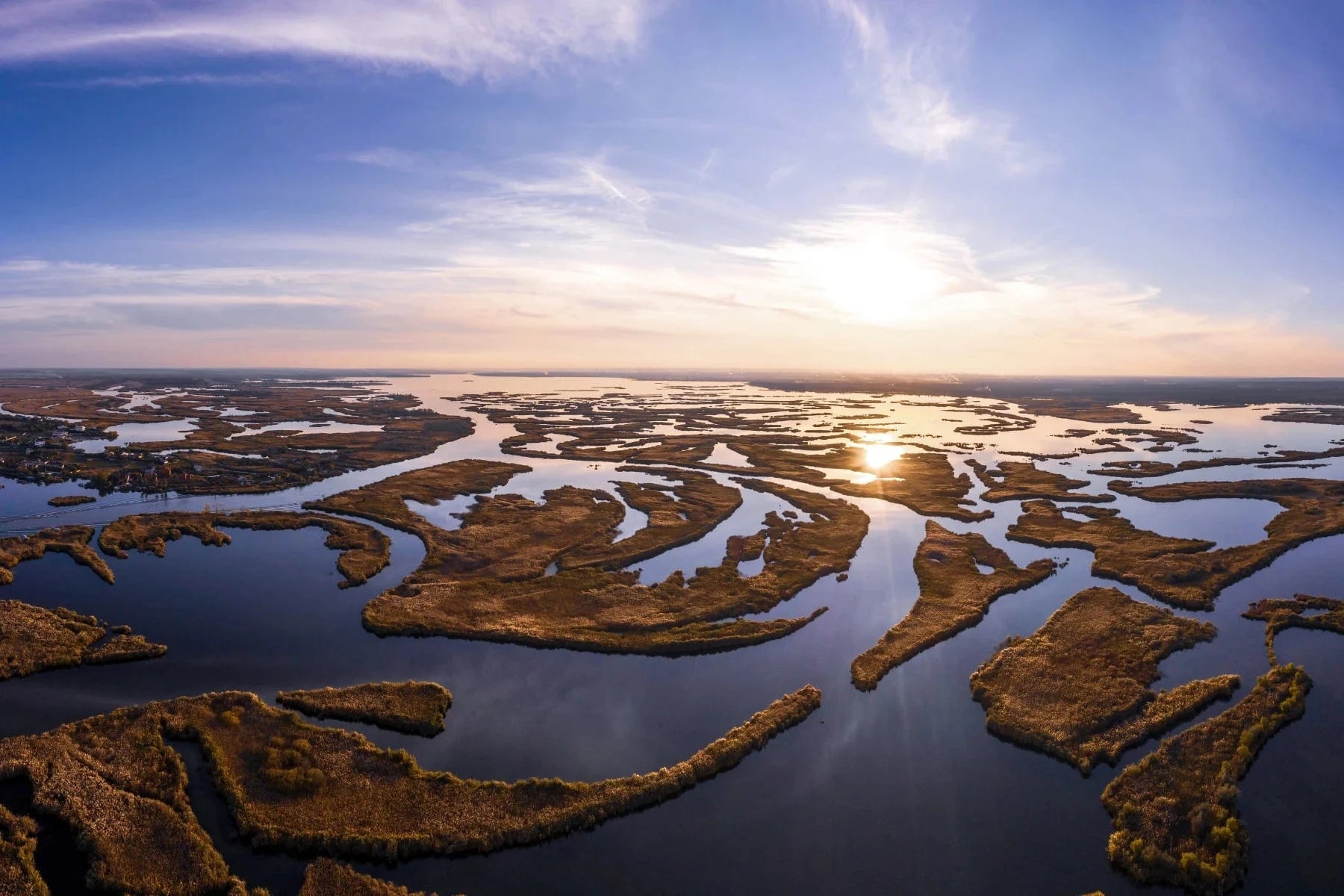
4. There Are Different Classifications of Wetlands
There are multiple classification systems used to categorize wetlands, and each follows specific criteria. The United States Fish and Wildlife Service uses the Cowardin system, which is based on landscape position, vegetation cover and hydrologic regime. The 5 types of wetlands under this system are known as marine wetlands, estuarine wetlands, riverine wetlands, lacustrine wetlands, and palustrine wetlands. The U.S. Army Corps of Engineers uses a classification system developed by Brison, which includes: riverine, slope depressional, flat and fringe. This system is based on geomorphic setting, dominant water source and hydrodynamics.
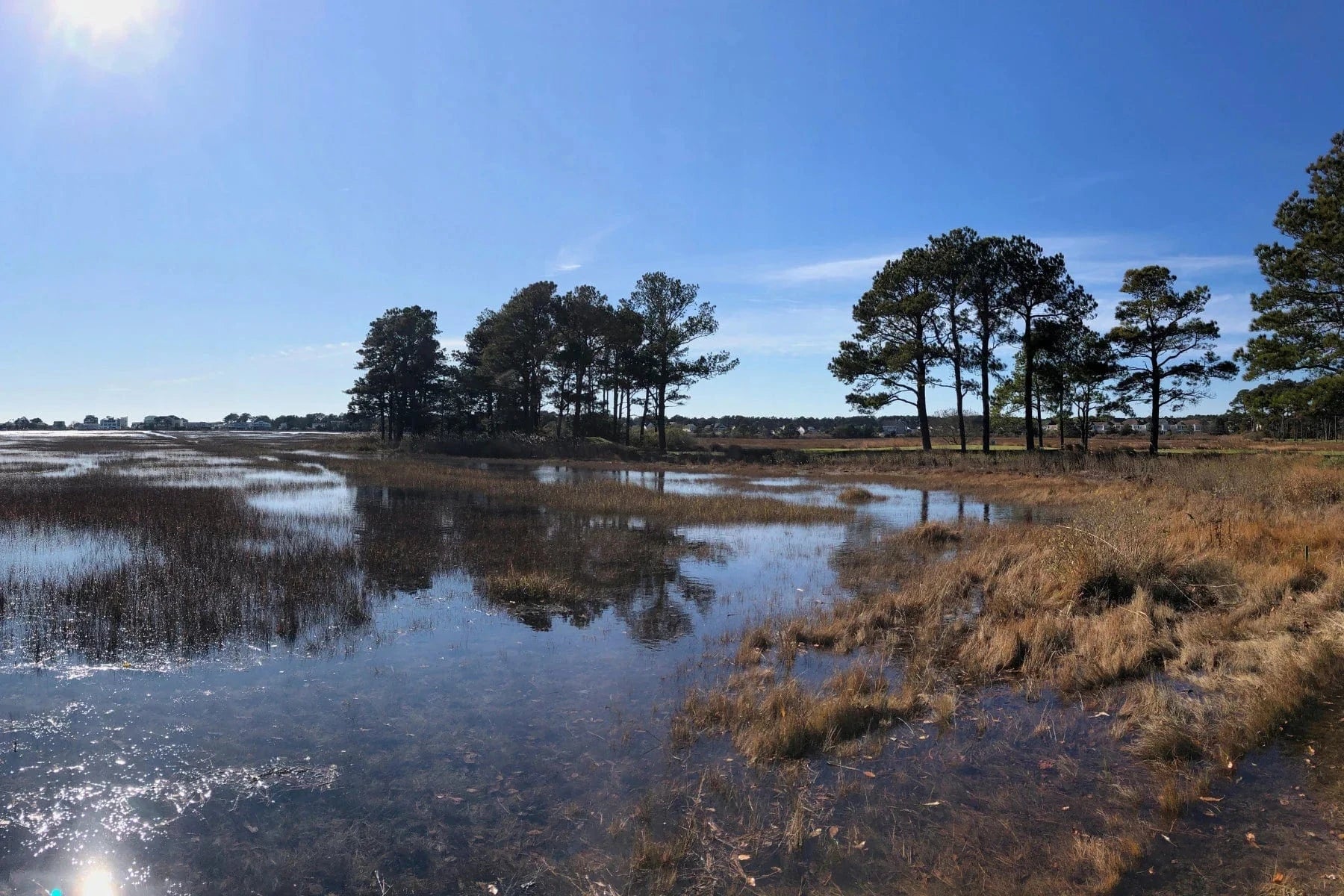
5. Wetlands Can Store Floodwater
In a world where floods are becoming increasingly common, the need for wetlands is clear. A single acre of wetland can hold up to 1–1.5 million gallons of floodwater. This natural storage helps reduce flooding and protect nearby communities during major storms.
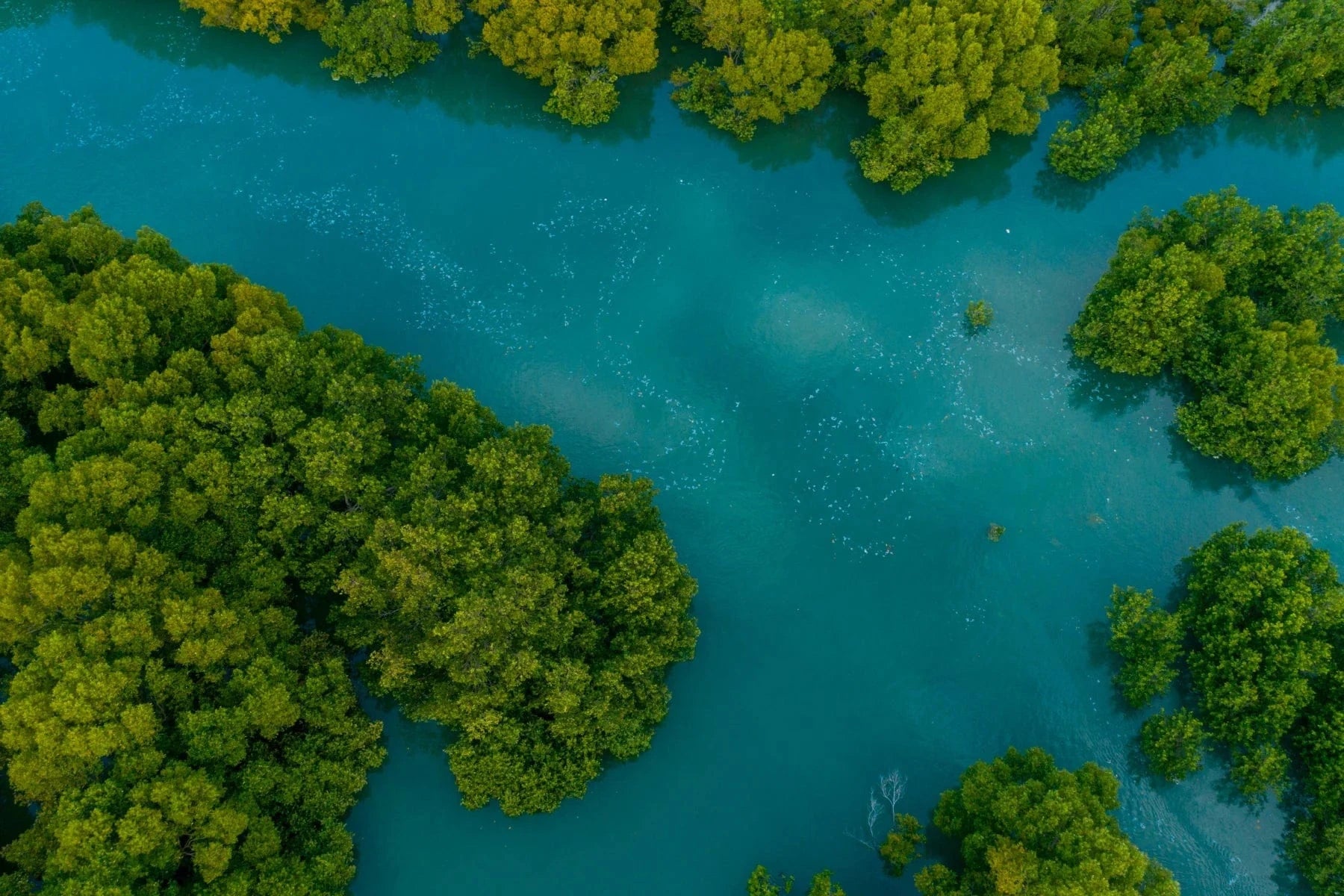
6. Wetlands Have Different Names
Many people may know about wetlands, but they may know them by an entirely different name. In fact, many people are probably aware of these different names without knowing they describe types of wetlands as well. Some of these names include: marshes, swamps, fens, and bogs. Do you have a wetland near you?
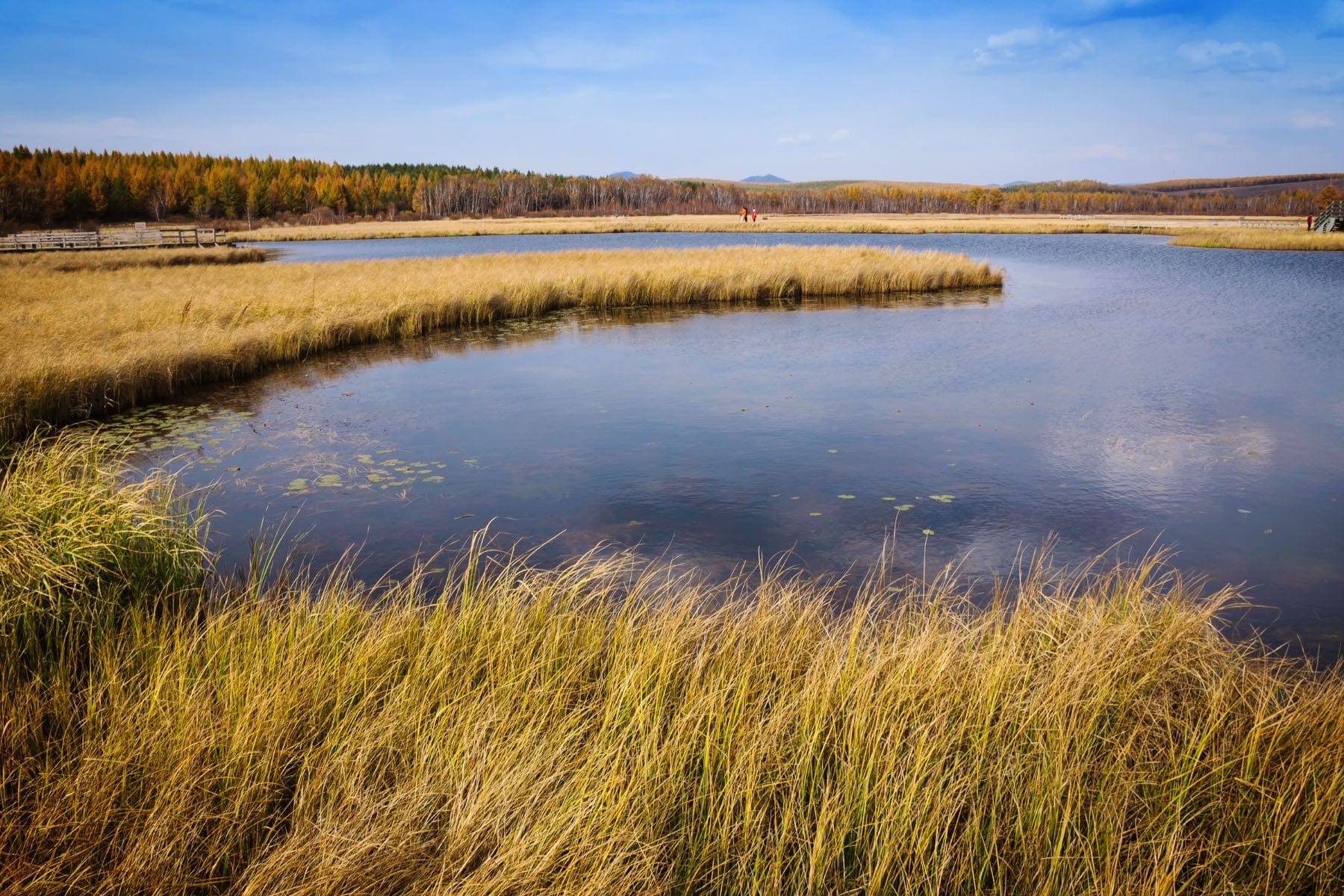
7. Wetlands Control Erosion
By now, we know that wetlands are an important barrier during storms, acting as nature’s first defense. Wetlands slow moving water and absorb its force before it reaches the surrounding landscape. This helps stabilize soil and reduce damage from heavy rainfall and rising floodwaters.
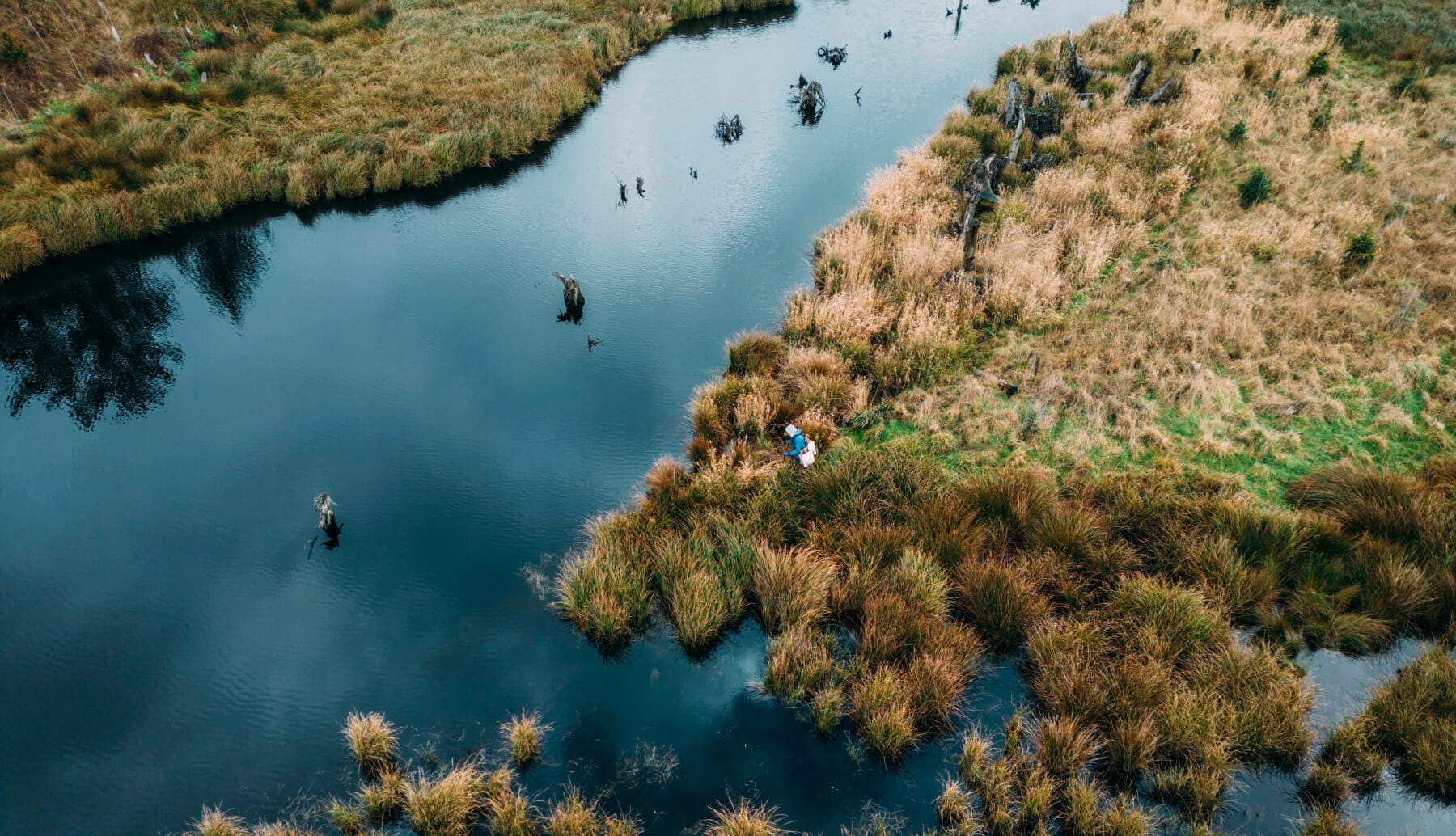
8. Wetlands Support Global Livelihoods
More than a billion people around the world depend on wetlands for their livelihoods – that’s about one in eight people on Earth.
Nature never fails to amaze us, and understanding all the incredible things that wetlands do for us only highlights how important it is to protect them. Planting trees near wetlands helps to enrich wildlife habitat and reduce disturbances from human activities — and protects wetland ecosystems by slowing the flow of stormwater, reducing erosion, and more. Support reforestation today!
Get news, updates, & event Info delivered right to your inbox:
Related Posts
Sustainable Diet Tips: How to Eat Healthy While Protecting the Planet
13/01/2026 by Meaghan Weeden
Agroforestry Explained: Principles, Benefits, and Case Studies
08/01/2026 by Meaghan Weeden
Plant Your Resolution: Making a Global Impact With The Grove
01/01/2026 by One Tree Planted
Popular On One Tree Planted
How to Reduce Waste: 21 Practical Zero Waste Tips for Everyday Living
23/12/2025 by Meaghan Weeden
Inspirational Quotes About Trees
16/12/2025 by Meaghan Weeden
The 9 Oldest, Tallest, and Biggest Trees in the World
11/12/2025 by One Tree Planted
Fundraising Disclosures

Be Part of the Restoration Movement
The Grove is more than just a monthly giving program: it's a vibrant community of individuals who are dedicated to reforestation and environmental restoration on a global scale.





